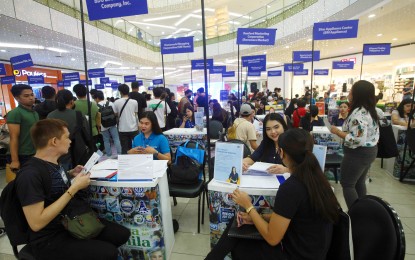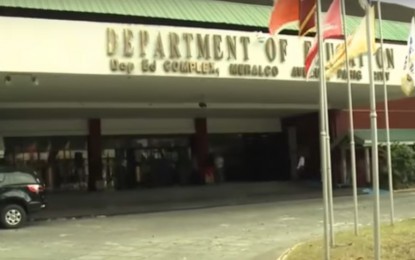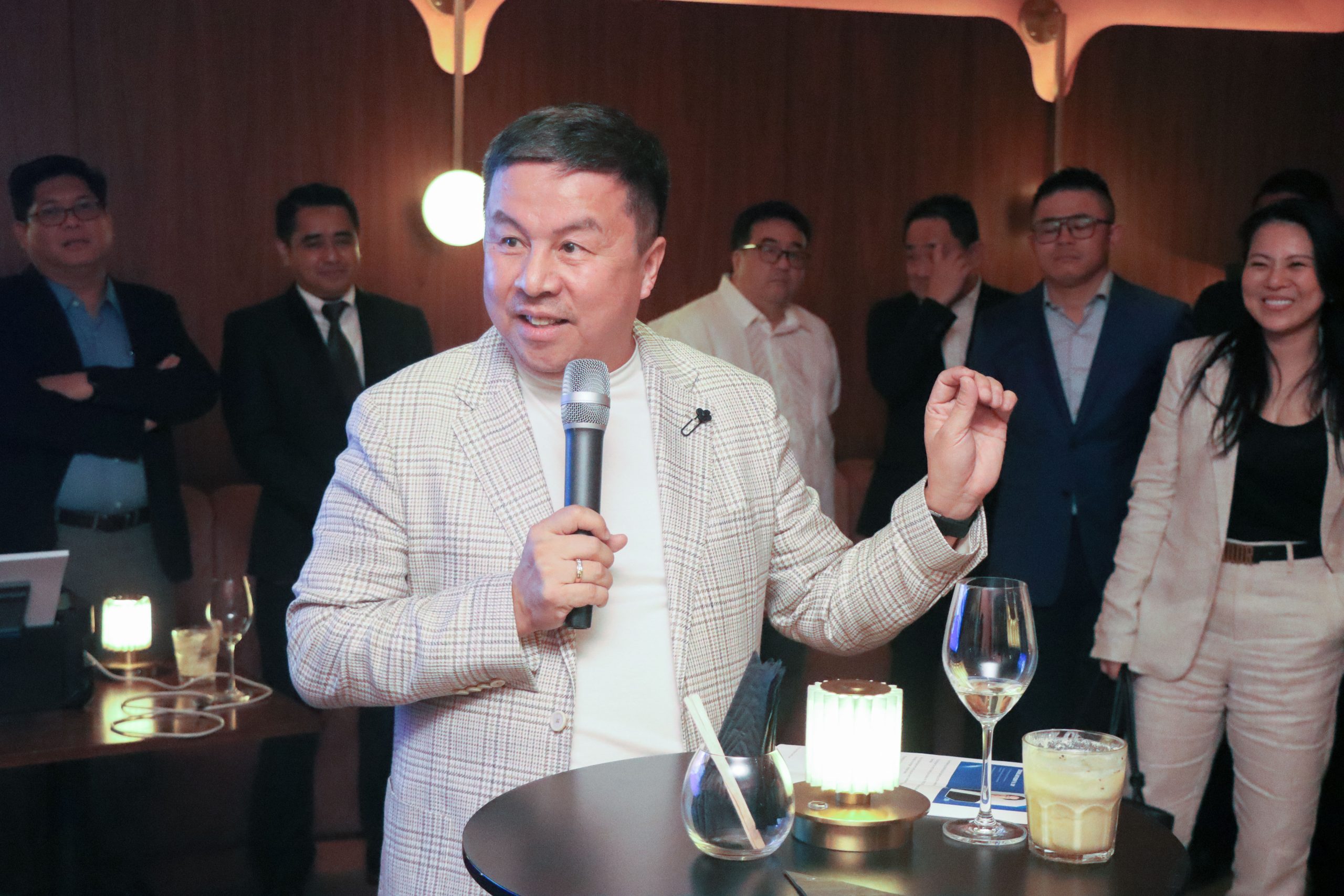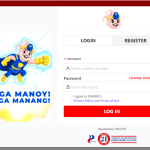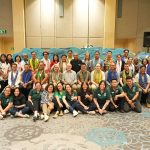Now Reading: DSWD Files Criminal Case Against Cebu-Based Foundation for Illegal Solicitation
-
01
DSWD Files Criminal Case Against Cebu-Based Foundation for Illegal Solicitation
DSWD Files Criminal Case Against Cebu-Based Foundation for Illegal Solicitation
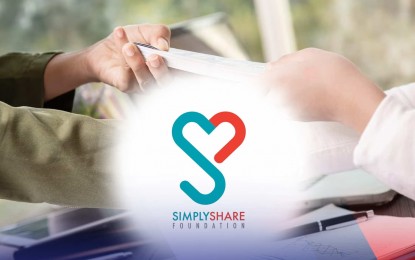
The Department of Social Welfare and Development (DSWD) has filed criminal charges against the Cebu-based Simplyshare Foundation, Inc., alleging unauthorized solicitation of funds and relief goods. The charges were filed on Tuesday at the Cebu City Prosecutor’s Office targeting foundation founder Pamela Baricuarto and executive director Elisse Nicole Catalan.
The complaint by DSWD Central Visayas (Region 7) accuses the foundation of violating Presidential Decree (PD) 1564, known as the Solicitation Permit Law, and Republic Act 10175, the Cybercrime Prevention Act. According to Shalaine Marie Lucero, Regional Director of DSWD-7, this action follows extensive investigations revealing that Simplyshare Foundation conducted public fundraising activities over several years without obtaining the legally required Regional and National Public Solicitation Permits.
What this Means for Cebu’s NGO Community
The legal proceedings have ignited concerns among Cebu’s non-governmental organizations (NGOs) about regulatory compliance. Megan Manahan, Director of DSWD’s Standards Bureau, noted no records indicated the foundation ever applied for the necessary permits. “This underscores the importance of transparency and accountability among NGOs. Organizations must adhere strictly to guidelines to maintain public trust,” Manahan stated.
Why Permits are Crucial: Ensuring Public Trust
Solicitation permits, as mandated under PD 1564, aim to safeguard the public from fraudulent fundraising activities by ensuring donations reach intended beneficiaries. According to legal expert Atty. Roland Mendoza, based in Cebu, obtaining these permits is straightforward yet vital. “NGOs must prioritize obtaining these approvals to demonstrate transparency and avoid severe penalties,” Mendoza explained in an exclusive interview.
A Wake-up Call for Organizations
Lucero highlighted that the DSWD’s crackdown on Simplyshare Foundation should serve as a strong reminder to other foundations operating within the Visayas region. She stressed the importance of obtaining proper authorization from DSWD, especially when utilizing online platforms for fundraising—an area governed explicitly under the Cybercrime Prevention Act. “We encourage foundations and NGOs to proactively comply. Non-compliance can lead to administrative, civil, and criminal consequences,” she warned.
How Can Donors Protect Themselves?
In response to increasing fraudulent schemes, the DSWD encourages potential donors in Cebu and nationwide to verify foundations through the DSWD’s Kaagapay Donations Portal. “Donors can verify in real-time whether an NGO is authorized. It’s a simple check that can protect their generosity from misuse,” Lucero added.
Next Steps in the Investigation
As the Cebu City Prosecutor’s Office reviews the submitted evidence, the public awaits developments. Legal proceedings like these typically take several weeks before preliminary findings are announced. Local government units and civil society groups in Cebu expressed support for DSWD’s actions, emphasizing the broader goal of transparency within charitable activities.
“This incident serves as a crucial reminder to all stakeholders—NGOs, government agencies, and the donating public—that strict adherence to legal requirements ensures that assistance reaches genuinely deserving beneficiaries,” Lucero concluded.











